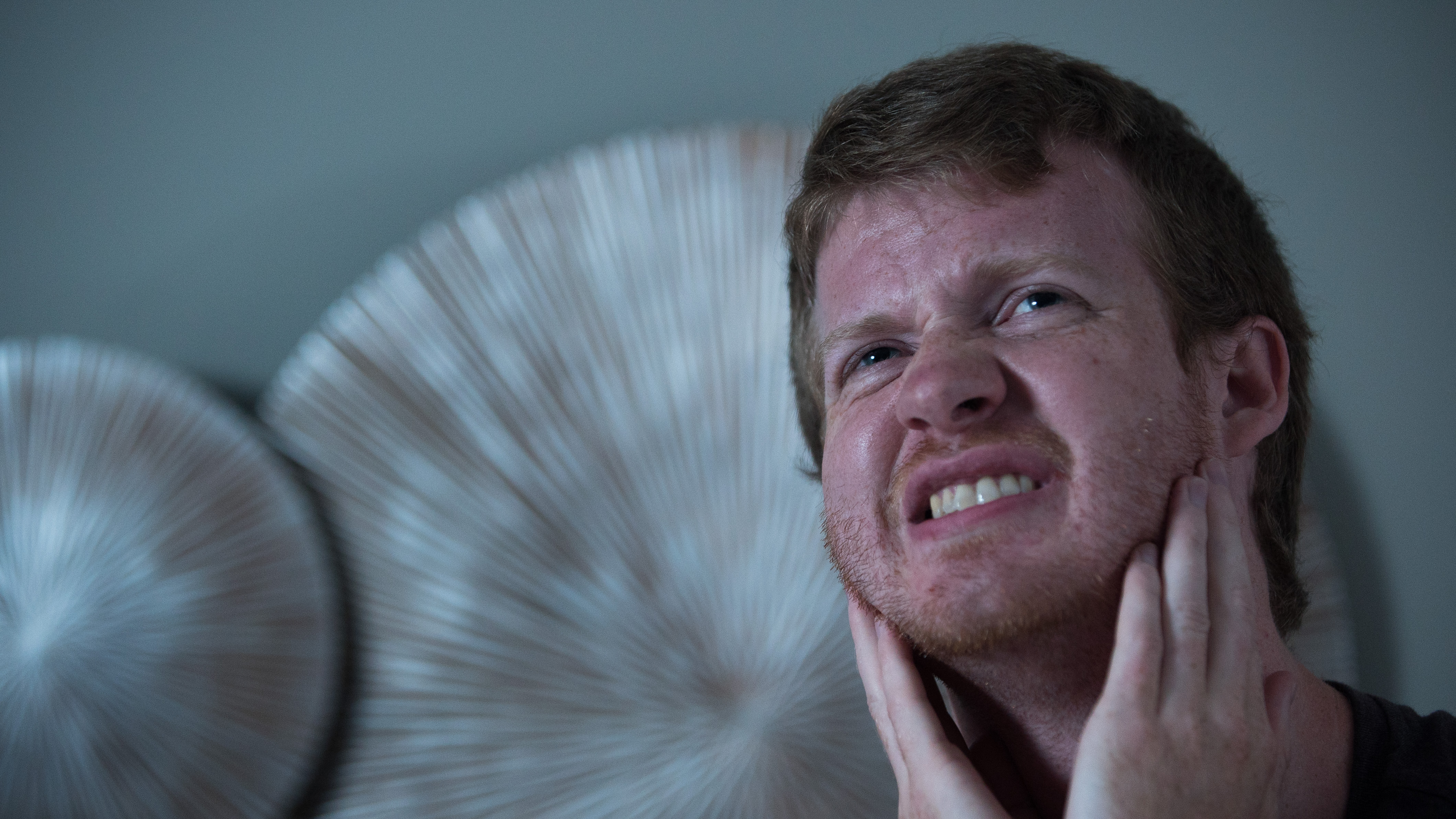Posted by Sierra Soleimani on May 12th 2016
What can you do to stop grinding your teeth at night?
Once you’ve been diagnosed with bruxism, your first question might be, “what can I do to stop it?”. Unfortunately, there is no pill that specifically prevents you from grinding your teeth at night. However, there are several treatments and devices that can help you control symptoms and prevent damage to your teeth.
Address the Root Cause
The first step in your treatment should be to identify and treat the root cause of your clenching. Although there is no clear reason why bruxism occurs, there are studies that suggest that possible physical and psychological causes include:
- Emotions (stress, anxiety, or frustration)
- Abnormal alignment of teeth
- Sleep apnea
- A coping strategy or focusing habit
- Inability to relax
- Response to pain from an earache or teething (in children)
Wear a Custom Fit Mouthguard
Persistent grinding can lead to wearing down enamel, flattened teeth, sensitivity, receding gum line or cracked teeth. You need to have a mouthguard between your teeth to protect them from wearing down. A custom fit night guard will provide better protection and a comfortable fit as a opposed to a generic stock night guard.
Avoid Caffeine and Alcohol
Studies have proven that increased consumption of caffeine or alcohol can put you at a higher risk for bruxism. Drinking alcohol or caffeine can increase arousal and the urge to grind, making it even more difficult to fall asleep.
Exercise the Jaw
You can help control your bruxism with daily jaw exercises. Jaw exercises will not only strengthen your jaw, but also relieve pain.
Don’t Chew on Objects
Chewing on objects like pens and gum makes your jaw muscles used to grinding, making you more likely to grind your teeth. The only thing you should be chewing on is food.
When it comes to bruxism, you are not alone. Nearly 1 in 3 adults suffer from bruxism, but the good news is that it can be easily treated. Talk to you dentist about the best solution for you.


